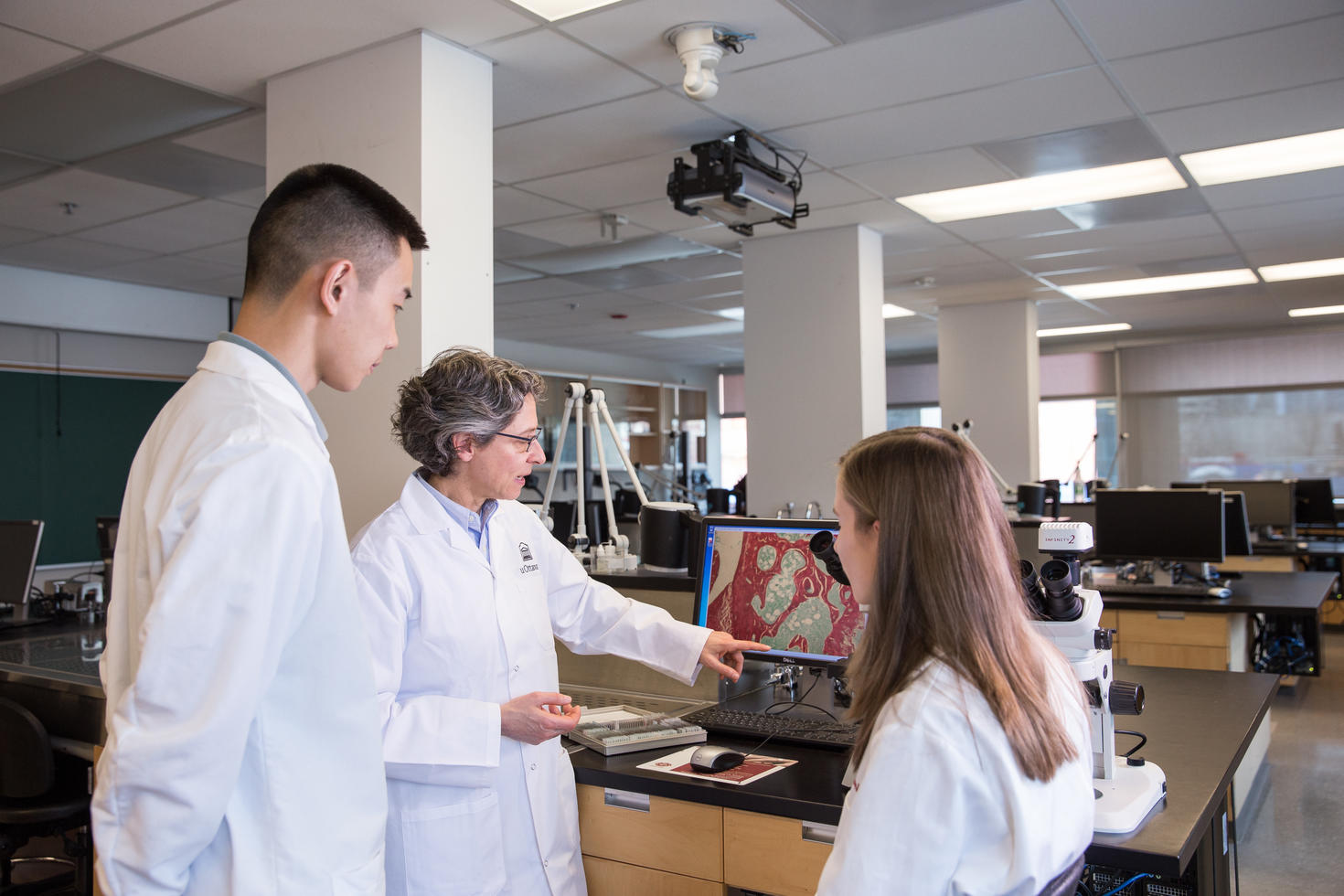Molecular, Cellular and Developmental biology aims at understanding the functioning of organisms at different scales, from the study of macromolecules within cells, to the processes controlling cell growth and differentiation, to the organization of cells into tissues, organs and organisms.
The last two decades have seen a revolution in cellular, molecular and developmental biology, leading to a phenomenal increase in our knowledge of biological processes. A range of advanced techniques can now be used in concert to analyze the functioning of living organisms down to the level of genes and molecules, and move towards a mechanistic understanding of life across levels of organization.
The strengths of our research groups lie in the study of fundamental biological processes in animals and plants using a wide variety of approaches including molecular biology techniques, genetics, microscopy and imaging, and computational tools. Application areas include plant crop amelioration and genetic diseases.
At the molecular level, we study the evolution of genetic cascades, genetic diseases, the evolution of multigene families, and gene expression at the RNA level in plant mitochondria. At the cellular level, we investigate mechanisms of cell cycling in animals and the control of cell growth in plants. At the organ and organism level, we study developmental and evolutionary mechanisms, such as seed coat development, pattern formation in plants, embryo development and the development of sensory systems in vertebrate.
Model species used in our studies include zebrafish, mouse, soybean and arabidopsis.









